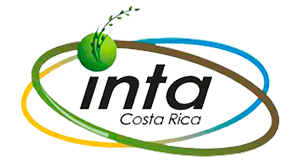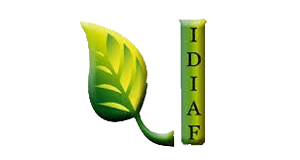Protected horticulture, an alternative for dealing with climate change in high-temperature areas
Contributing to the generation of innovations for the sustainable intensification of horticulture under protected environmental conditions to decrease climate change vulnerability in family farming systems of Latin America and the Caribbean.
Context of the story
Vegetable production through family farming in Latin America and the Caribbean is characterized by traditional open field systems with a low level of technical complexity, high vulnerability to adverse environmental conditions, and lack of a business approach. One of the objectives of agricultural production under protected conditions is to increase the efficiency of agricultural production systems. However, the use of structures that are poorly designed and standardized for all types of crops due to their widespread adoption, together with the agroclimatic conditions of an area, have meant that the microclimate generated inside these structures is inadequate for optimal plant growth and development.
Protected Agriculture: simulating, designing, and validating structures.
The implemented initiative
Colombia, Costa Rica, Panama, and the Dominican Republic, funded by FONTAGRO, have joined to contribute to improving the competitiveness of horticultural systems in family farming through technological innovations for agricultural production under protected conditions. To achieve this goal, an environmental, economic, and social prioritization of horticultural species is needed, together with infrastructure design and validation, and the generation of technical recommendations for how innovations can be transferred to and appropriated by farmers.
Validating infrastructure for the production of vegetables in high-temperature areas.
The technological solution
Effective infrastructure models (mesh house - greenhouse) require simulation, design, building, and validation based on the agroclimatic conditions of each region/country. Similarly, technical recommendations will be validated and adjusted to improve the adaptability, productivity, and quality of vegetables grown under protected conditions in family farming systems. During the entire process, participative research activities (workshops, field days, and method demonstrations) involving small producers will be developed to strengthen their capacities and, thus, give them a viable alternative that provides a solution to food safety in high-temperature areas.
Our association of women entrepreneurs feels very satisfied, with this project, we strengthened our source of work, we supported our family and produced chemical-free vegetables thanks to the training. "
Participating countries
Type of project
Results
In 2019, value chain diagnoses were carried out, along with the mapping of relevant actors and identification of productive alternatives and prioritization of horticultural spaces in the four countries. Agroclimatic characterization of pilot sites was carried out for structure modeling and simulation, with two structures designed per country (1 greenhouse and 1 mesh house). In 2020, monitoring of the microclimatic behavior of the structures and both internal and external agroclimatic variables with and without cultivation was carried out to determine the microclimate and define actions to adapt them that favor crop development conditions. Evaluations of the agronomic behavior of different genotypes of the horticultural species prioritized in the diagnosis are being developed. A total of 38 events have been held, of which 9 were virtual, 2,837 people have been trained: 1,326 women and 1,511 men.

 Back to the project
Back to the project Colombia
Colombia Costa Rica
Costa Rica Dominican Republic
Dominican Republic Panama
Panama









